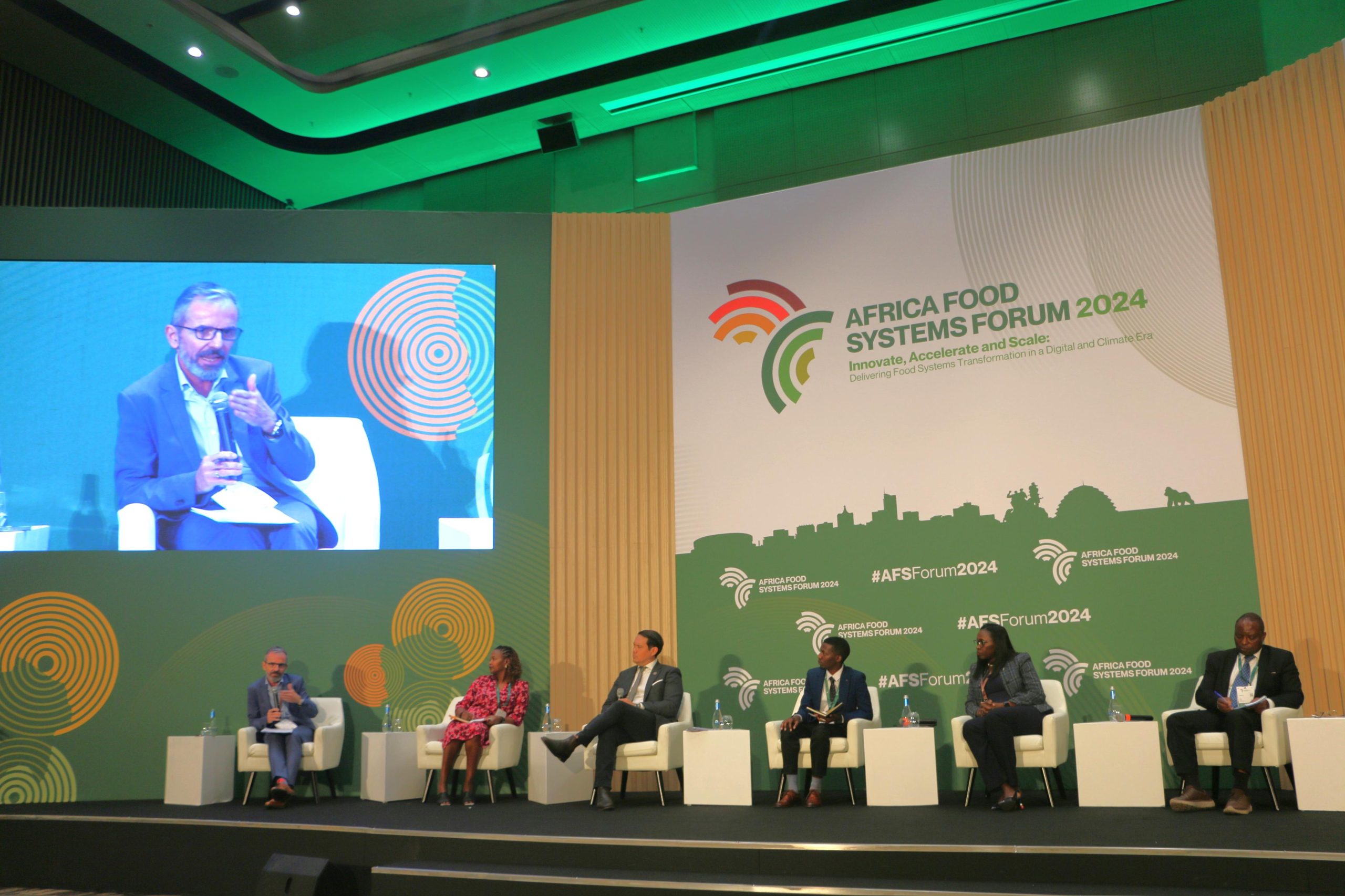Industry players and agricultural experts are advocating for regenerative agricultural practices as a means to enhance productivity and sustainability for smallholder farmers.
Speaking during a panel discussion on the regenerative revolution ahead of the official opening of the Africa Food Systems Forum, experts underscored the need for knowledge transfer, access to finance, quality inputs, and policies that support regenerative agriculture.
“One of the key challenges in transitioning to regenerative agriculture is demonstrating its value to smallholder farmers and showing how these practices can enhance both productivity and economic sustainability,” stated Mildred Nadah Pita, Head of Public Affairs and Sustainability Africa at Bayer.
The experts also called for collaboration and partnerships within the agricultural value chain to help smallholder farmers maximise the benefits of regenerative agricultural practices.
“Forging stronger partnerships is key to unlocking the potential of regenerative agriculture for smallholders. Producing more while restoring more is at the heart of regenerative agriculture, but it requires a concerted effort to support farmers already impacted by climate change,” stated Jens Hartmann, Head of Bayer Crop Science EMEA.
The discussion further that smallholder farmers contribute about one-third of global food production, with some African countries reporting figures as high as 70-80%.
However, regenerative and adaptive agricultural practices are increasingly recognised as effective solutions to combat these challenges.
The experts are now pushing for enhanced understanding and adoption of regenerative agricultural practices that maintain land productivity, restore natural resources, and mitigate climate change.
“The acceptance and understanding of regenerative agriculture by smallholder farmers are crucial to Bayer’s mission of achieving Health for All, Hunger for None,” noted Hartmann.
The panel discussion brought together industry leaders from Bayer, Opportunity International, and the International Potato Center.





